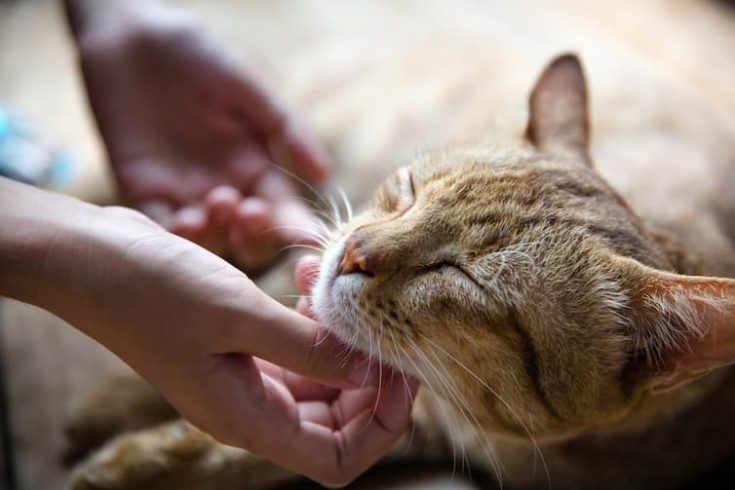
At Westlakes Veterinary Hospital in Lake Macquarie, we’re proud to offer a comprehensive complex surgical service in both orthopaedic and soft tissue operations. Animal surgery can be life changing for pets who are struggling with chronic pain, cancer, and many other debilitating conditions. It is a satisfying job for our vets to be able to restore a great quality of life to pets and see them happily re-engage with their particular pursuits.
Westlakes goes the extra mile in its pursuit of a standard of excellence in its surgery. This is achieved by:
Pre-Anaesthetic Blood Testing
Blood testing is performed to make surgery safer. Kidney and liver functioning is tested, as well as screening for any hidden infections. When we have a picture of the general health of your pet’s system, surgery can continue, be delayed until after an infection has been treated, or, in chronic conditions, drugs can be tailored to place less stress on aged renal and hepatic systems.
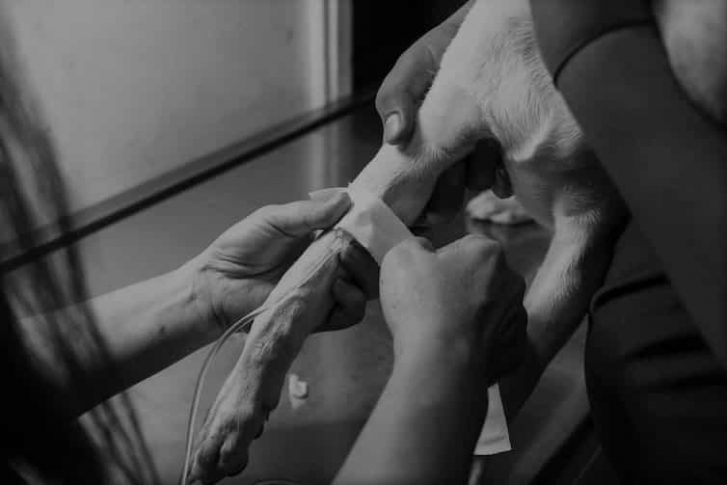
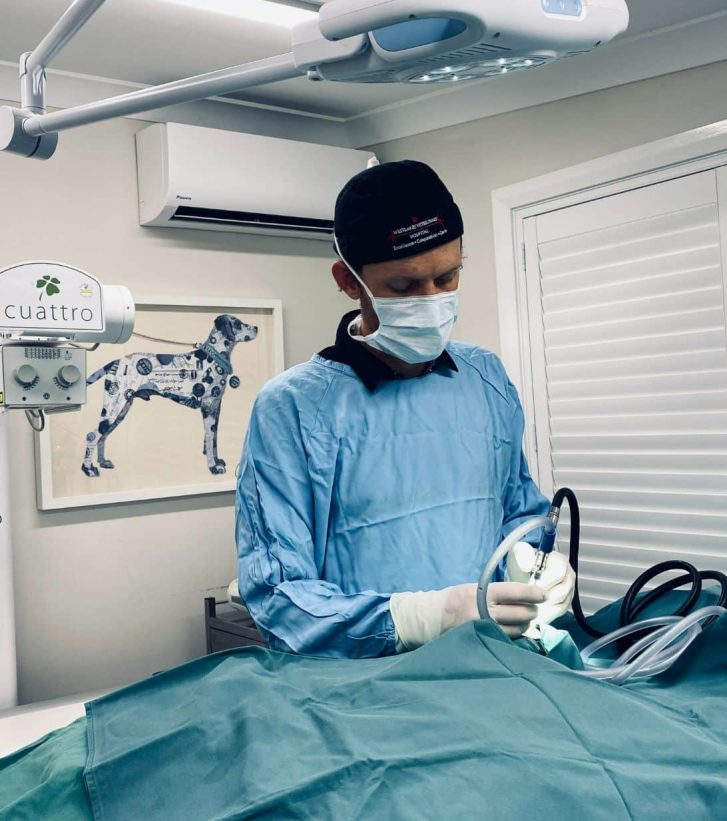
Supporting the Body and Preventing Shock
Patients receive an intravenous drip before being put under anaesthetic. The IV fluid is warmed beforehand to help maintain their body temperature and reduce shock. The flow rate is tailored with an electronic drip monitor which also gives alerts in the event of a drip occlusion.
Flow rate, respiration rate, blood pressure, body temperature, carbon dioxide and oxygenation levels are closely monitored throughout the procedure and recovery.
Your pet is further supported with the use of a “hot dog” or “bear hugger”, which is a purpose-made veterinary electric warming blanket, which keeps your pet toasty, keeps circulation flowing well and prevents the body going into shock.
Cutting Edge Pharmacotherapy and Multifaceted Pain Management
Thorough academic research has gone into the most effective approaches to pain management with breakthrough drugs. Our process involves a multi-faceted strategy with tailored medications given before, during and after the surgery, to ensure your pet’s pain is adequately managed, even while under anaesthesia.
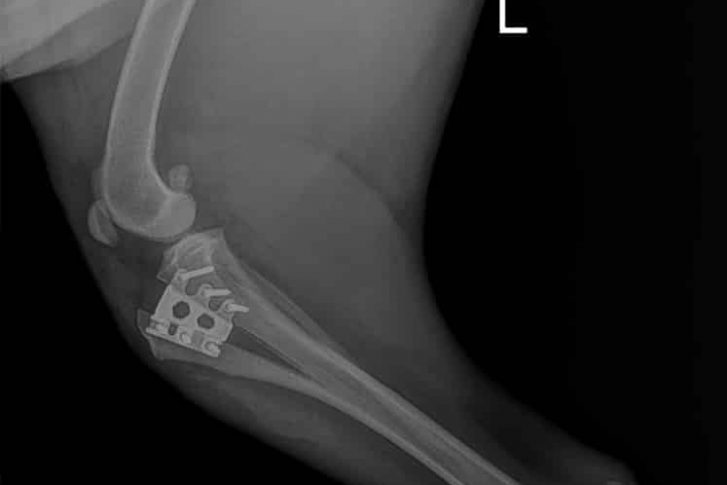
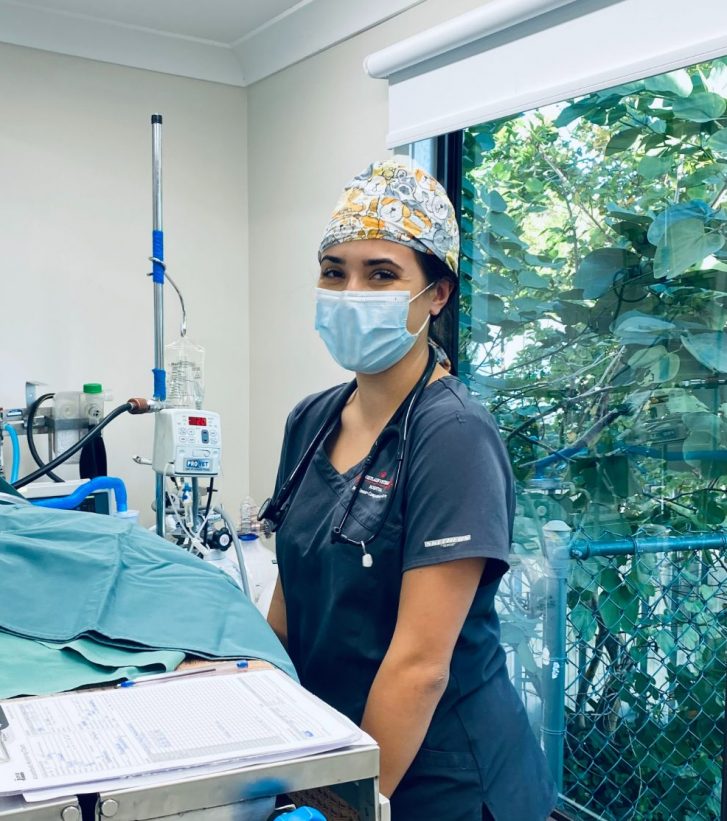
Not only does this make your animal more comfortable, but it has been shown to reduce shock in the body. The system is therefore better supported, and recovery is quicker.
Sterile Environment
Utmost care is taken to significantly lower the risk of infection. We wear full theatre attire, with both surgeon and assisting nurse adhering to sterile handling protocols throughout the procedure.
Safer Anaesthesia
At Westlake’s we aim to be at the forefront of medical development and use the latest drugs for general anaesthesia. Our multi-faceted approach means that we use lower doses of each drug, thus reducing the risk of negative side effects when using higher doses individually. They are more effective, are better managed in the case of an emergency, have a shorter half-life, and result in a quicker recovery with less drowsiness, which is better for the animal’s system.
While under anaesthetic, patients are intubated and attached to a specialised gas anaesthetic system. This enables a deep level of anaesthesia as well as a greater degree of safety through the operation.
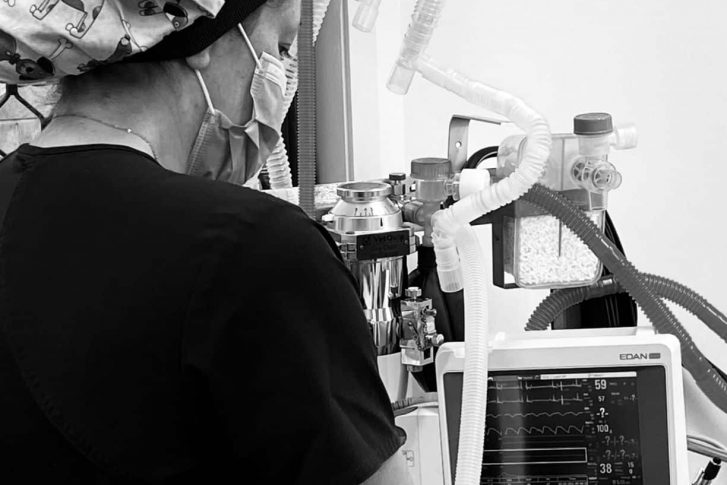

Supported Recovery and Pain Relief
Pets are closely monitored during their recovery and reassured as they come around. Due to the modern drugs used, they recover quicker and are able to return to the familiarity of home in a more alert state, which is safer. We aim to discharge them with sufficient pain medication to make them comfortable and are scheduled for a follow up.
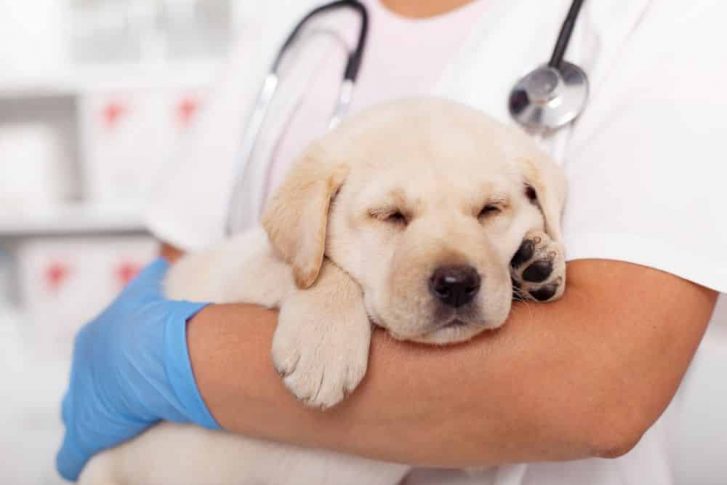
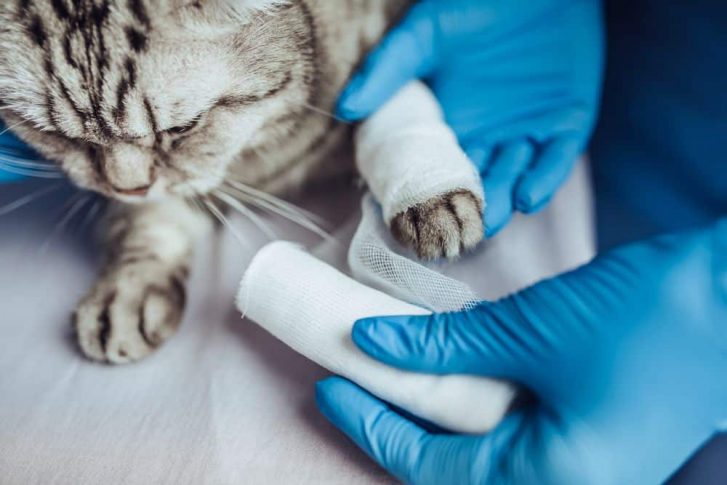
If you have any concerns, please don’t hesitate to call us for further help.
Just like people, a genetic predisposition, arthritis, sports injury or trauma can result in an animal requiring orthopaedic surgery to repair bones, tendons or joints. Surgical plating and pinning of fractured bones, repairing ruptured tendons, and joint surgery are all routinely performed at Westlakes.
If your pet has developed any of the following symptoms, we recommend an examination to ensure there are no orthopaedic concerns:
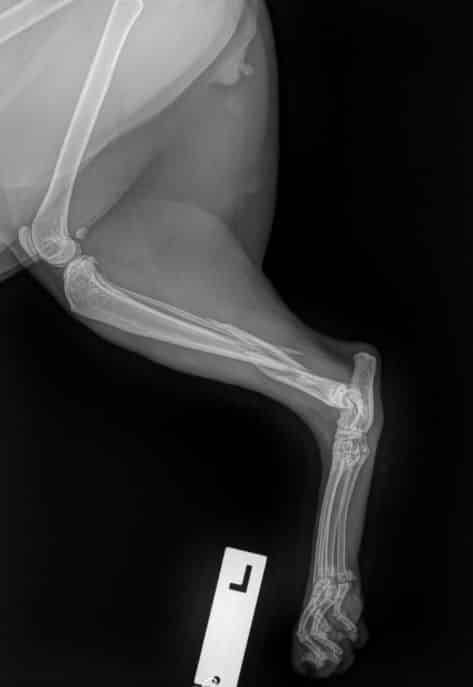
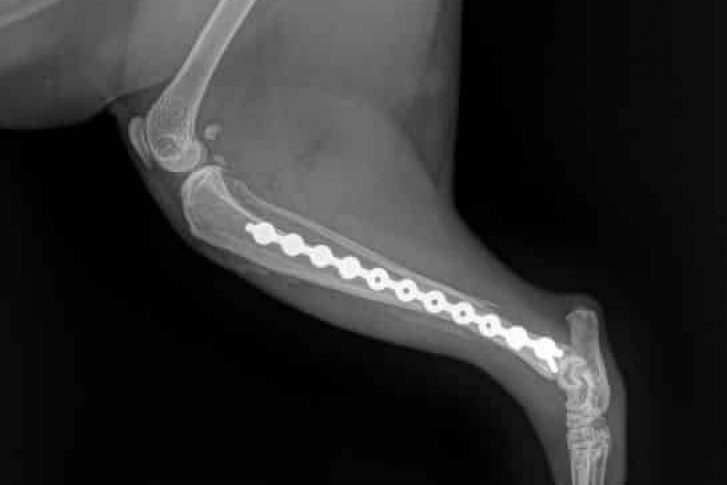
Examples of orthopaedic operations performed:
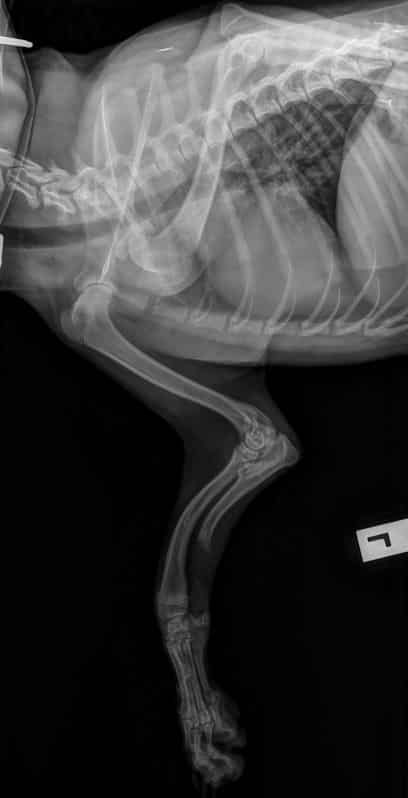
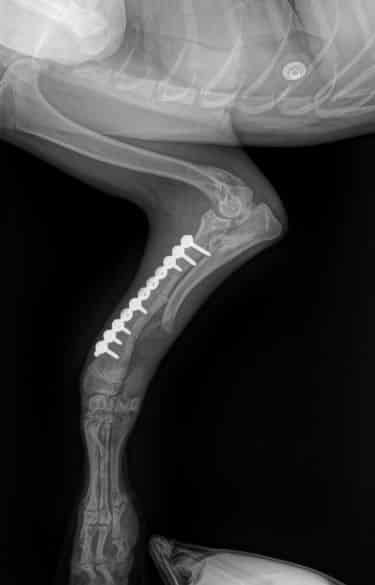
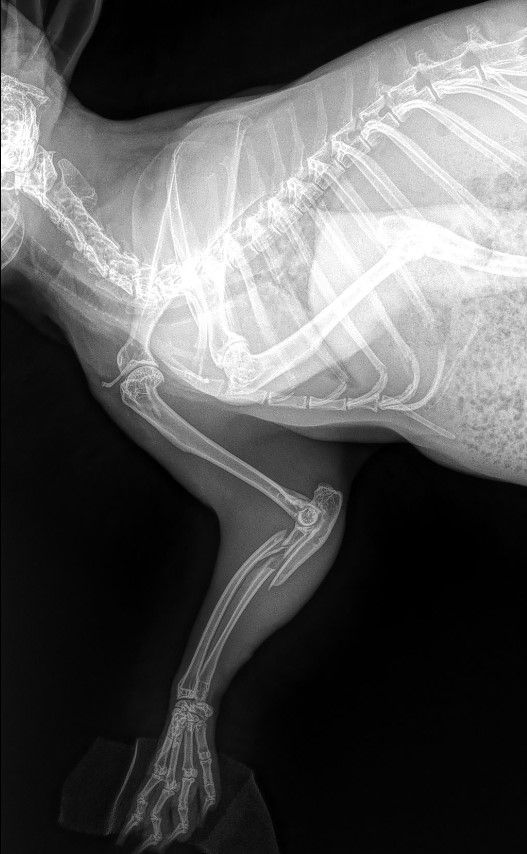

Dr Joshua Dabrowski has extensive experience with spinal decompressive surgery, with life-changing results for animals. Problems with the spine can develop over a period of time, but can also appear suddenly in the event of trauma.
The most common causes of spinal cord issues in cats and dogs include:
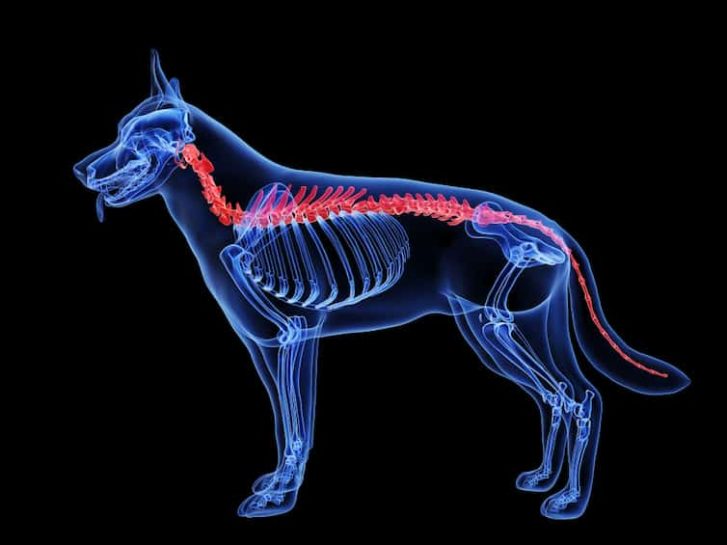
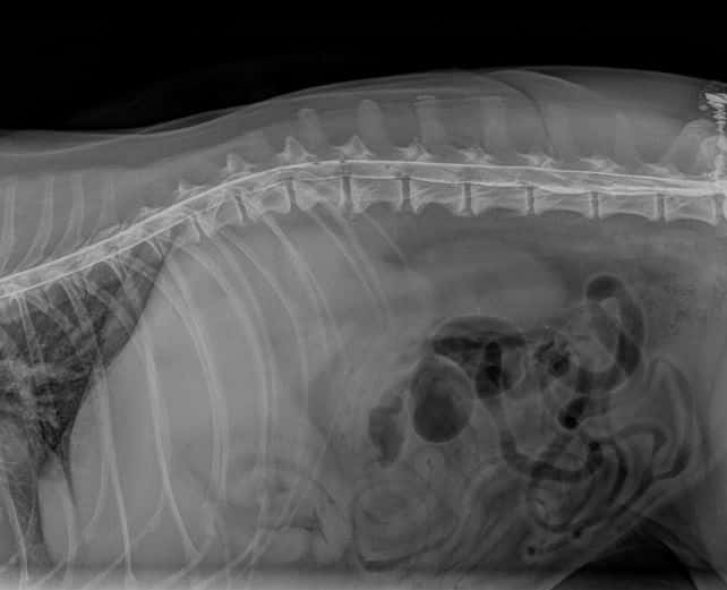
If your pet has developed any of the following signs or symptoms, you should seek professional veterinary advice immediately:
Your pet will receive a complete neurological examination and further diagnostic imaging such as a myelogram to determine the severity, exact location and cause of the problem, and decide how to best help your pet.
Westlakes regularly performs both basic and complex soft tissue surgeries. Here are some examples of abdominal surgeries we perform:
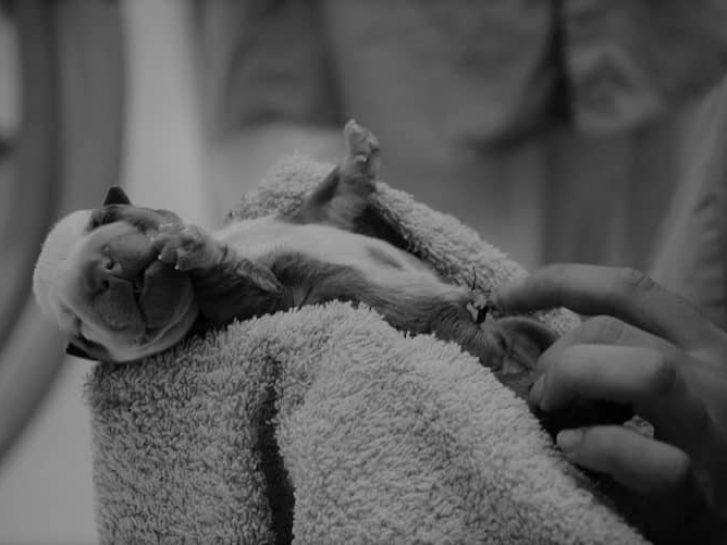
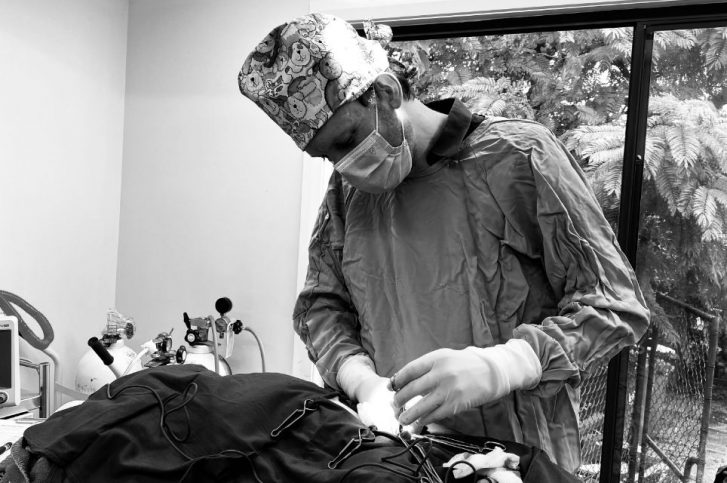
Other Abdominal Surgeries performed include:
Certain breeds are more prone to conditions such as meibomian gland tumours and prolapsed third eyelids, while others develop eye conditions which impact their ability to live and function well. Our skilled vets are able to help animals struggling with ocular conditions through surgery.
Eye surgeries performed at Westlakes include:
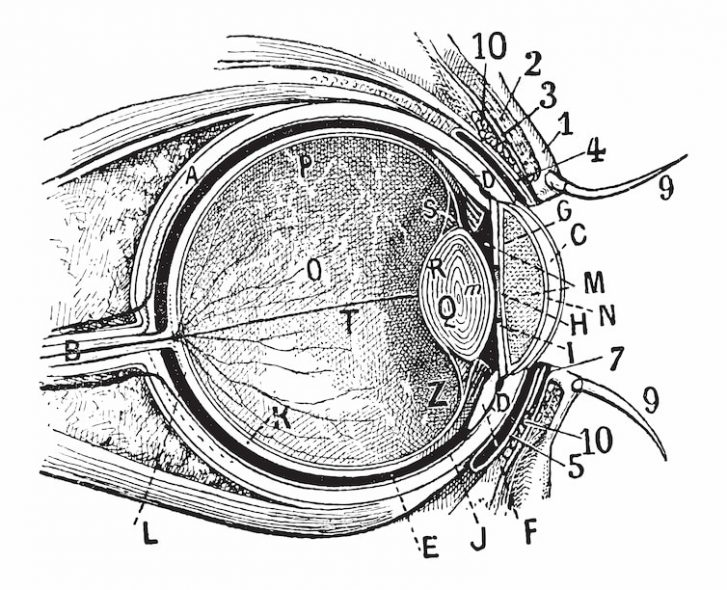
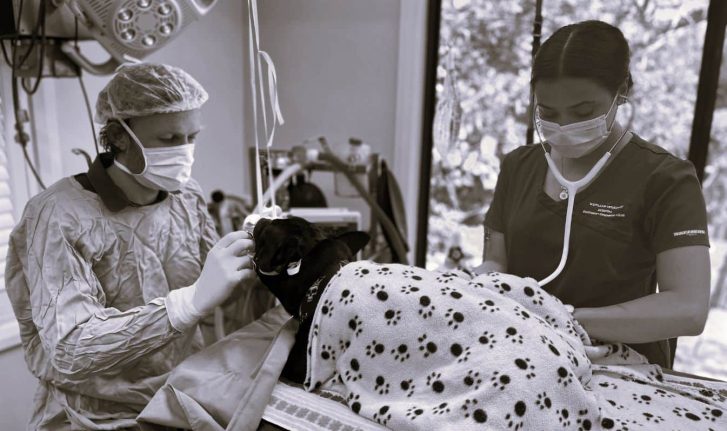
Brachycephalic Obstructive Airway Syndrome (BOAS)
The selective breeding of dogs has resulted in characteristic aesthetic features, which sometimes unfortunately have a corresponding negative impact on essential body functions, such as breathing.
Brachycephalic (“short- faced”) breeds such as English bulldogs, pugs, boxers, French bulldogs, king charles cavalier spaniels, Staffordshire terriers and Pekinese experience greater difficulties with breathing and temperature regulation due to their anatomy, which can be greatly improved with surgery.
Typical noisy breathing and snoring is not just a cute characteristic of these breeds, it is the sound of a partly obstructed airway, usually caused by an overly long soft palate. Other structures in the upper airway may also be involved such as overly large tonsils, everted laryngeal ventricles/saccules, stenotic nares (narrow nostrils), and malformed sinus. Normal breathing, by contrast, is quiet.
On hot days, dogs cool themselves by panting. They do not possess sweat glands over their body surface, so the evaporation from their tongue is their built-in air conditioner. For brachycephalic dogs, with their long soft palates, hot days, or times of excitement, can cause much respiratory distress, hyperthermia, and in severe cases, even result in hypoxia and death.


Undergoing surgery, which may involve naroplasty (widening of the nostrils), resection of the soft palate, tonsillectomy, and everted sacculectomy (depending on the structures involved); greatly improves a dog’s quality of life. Many owners have testified that their pet is a changed animal after the operation, seeming more relaxed, and are far more active. It is a progressive condition and early diagnosis and surgical correction are vital for a good outcome. If your dog is one of the above breeds and snores at night, book a consult with us.
Ear Canal Ablations
Certain breeds, with their drooping ears, are more prone to chronic, painful ear infections. If a long course of medication is not proving effective, surgical ear ablations become the recommended treatment. In a complicated procedure, the ear canal is opened or removed so that pus and fluid cannot accumulate in the ear canal and middle ear. This operation is life changing for the animal who has struggled with persistent pain and provides permanent relief, and a happy animal.
Aural haematomas
This is where a “blood blister” forms between the layers of cartilage in the outer ear forming a swollen, painful “balloon ear”. This can be surgically resolved, providing much relief for the animal.
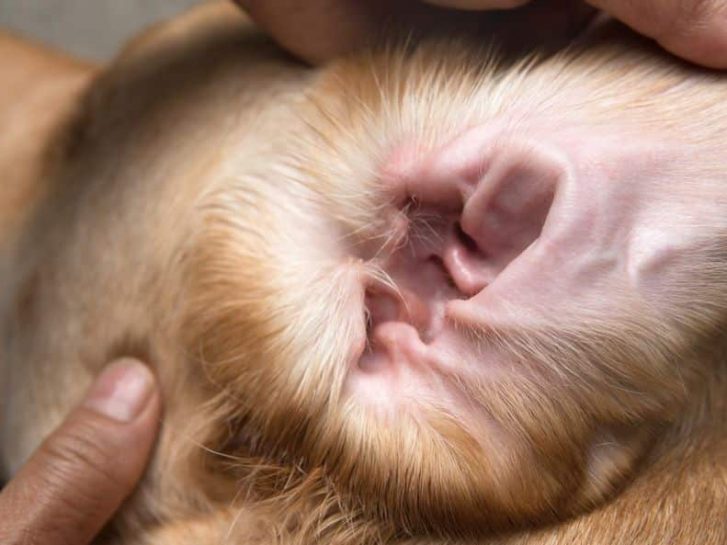
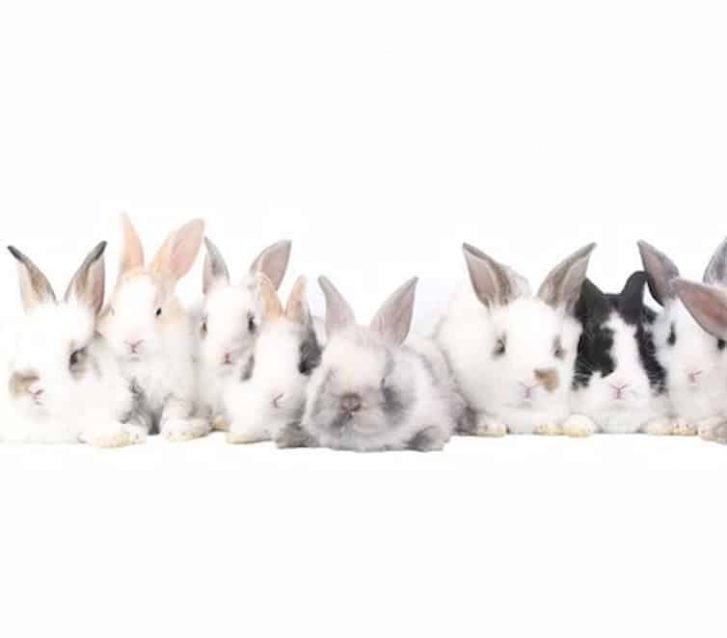
We routinely sterilise male and female cats, dogs, ferrets and rabbits. Different species reach reproductive maturity at different ages, but as a generalisation, by six months of age most animals are able to reproduce.
Desexing obviously prevents unwanted litters, which in turn reduces the number of stray animals, but it has other benefits as well. In females, it reduces their risk of developing mammary and ovarian cancer and a pyometra (an infected, pus-filled painful uterus) in later life. In male animals, it reduces aggression and edginess, the tendency to wander and prevents testicular and prostate cancer in later life.
While desexing can be done at any age, it is recommended between six to eight months, before the first heat cycle, as this maximises the advantages of the procedure. Desexing is a day procedure done under full general anaesthetic. Patients are discharged with sufficient pain medication to make them comfortable and typically recover quickly.
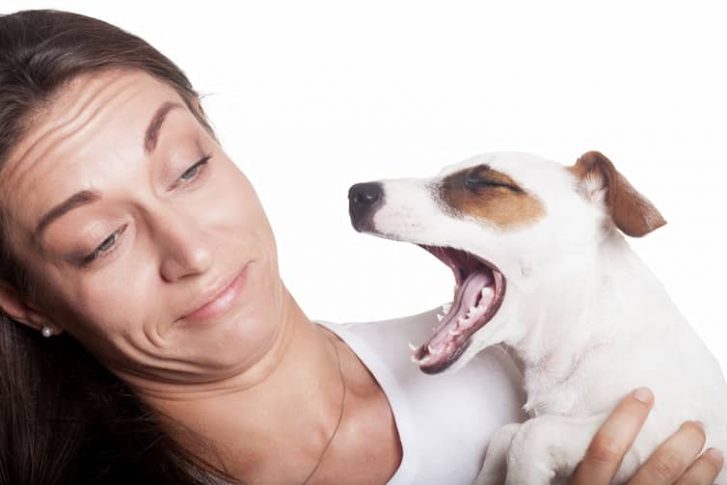
Your pet’s bad breath is not just unpleasant; it is an indicator of potentially serious dental disease. Dental disease begins with a build-up of bacteria in your pet’s mouth. Bacteria, combined with saliva and food debris, cause plaque to accumulate on the tooth. As calcium salts are deposited, plaque turns to tartar (brown or yellow material starting near the gum line of the tooth). Without intervention, plaque and tartar build-up lead to painful periodontal disease, where the tissue around the tooth is affected.
The bad breath is caused by the harmful bacteria growing on the surface of the teeth. The bacteria produce toxins, which after being swallowed, or through spread in the blood stream negatively impact the rest of the entire body system, potentially causing heart, liver or kidney disease. Your pet’s dental procedure depends on the severity of the dental disease, and can vary from a polish and tartar removal, if treated early, to extraction of teeth with more severe periodontal decay.
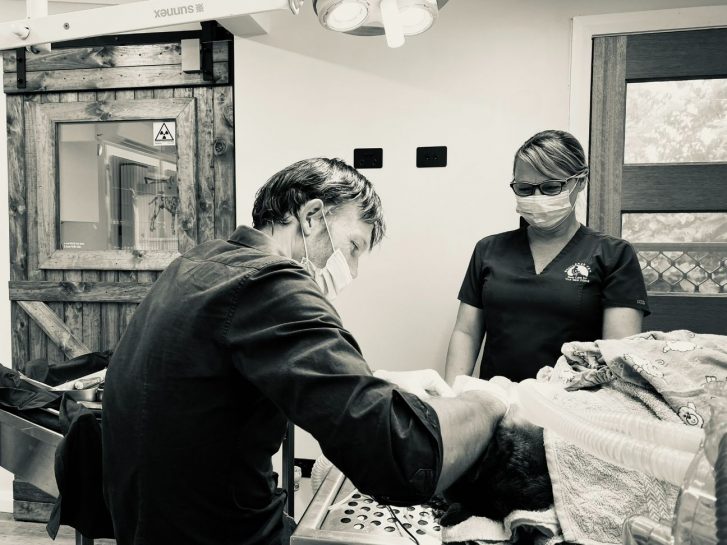
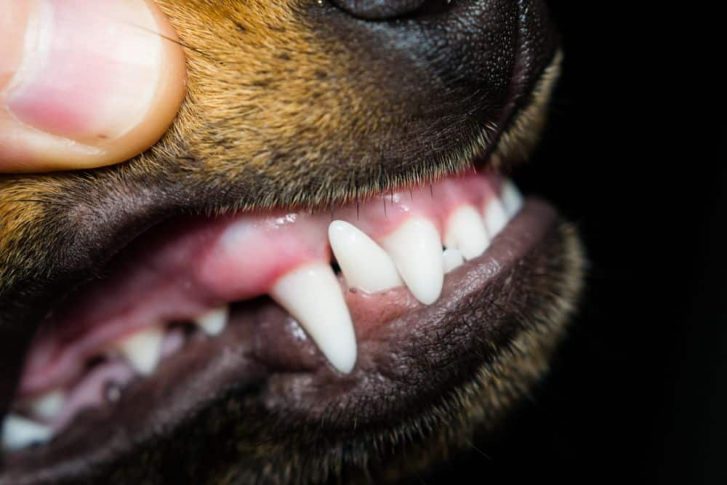
Chocolate is directly toxic to your pet because it contains a substance called theobromine, which can affect the cardiovascular, nervous and gastrointestinal systems if ingested in sufficient quantities.
Dark chocolate has a higher concentration of theobromine than milk chocolate, so is therefore more toxic to your pet. For example, a 60g block of dark chocolate could be lethal to a 7kg dog while a 60g block of milk chocolate will probably only cause a digestive upset.
If you suspect your pet has ingested chocolate, contact us immediately as we will be able to decide on the most appropriate treatment for your pet.
If the chocolate was eaten within a few hours, our vet will most likely induce vomiting to minimise absorption of the toxin. It will help the vet if you can tell them exactly how much, and what type of chocolate was eaten. Your pet may then require 12-24 hours of supportive care such as oxygen therapy and intravenous fluids to encourage elimination of the toxins from the body.
There is no specific antidote for chocolate toxicity, but most pets can recover if given timely treatment. If you have any concerns, please call us on 02 4959 5766
| Monday – Friday | 9:00 – 18:00 |
| Saturday | 8:00 – 12:30 |
| After Hours | AREC |